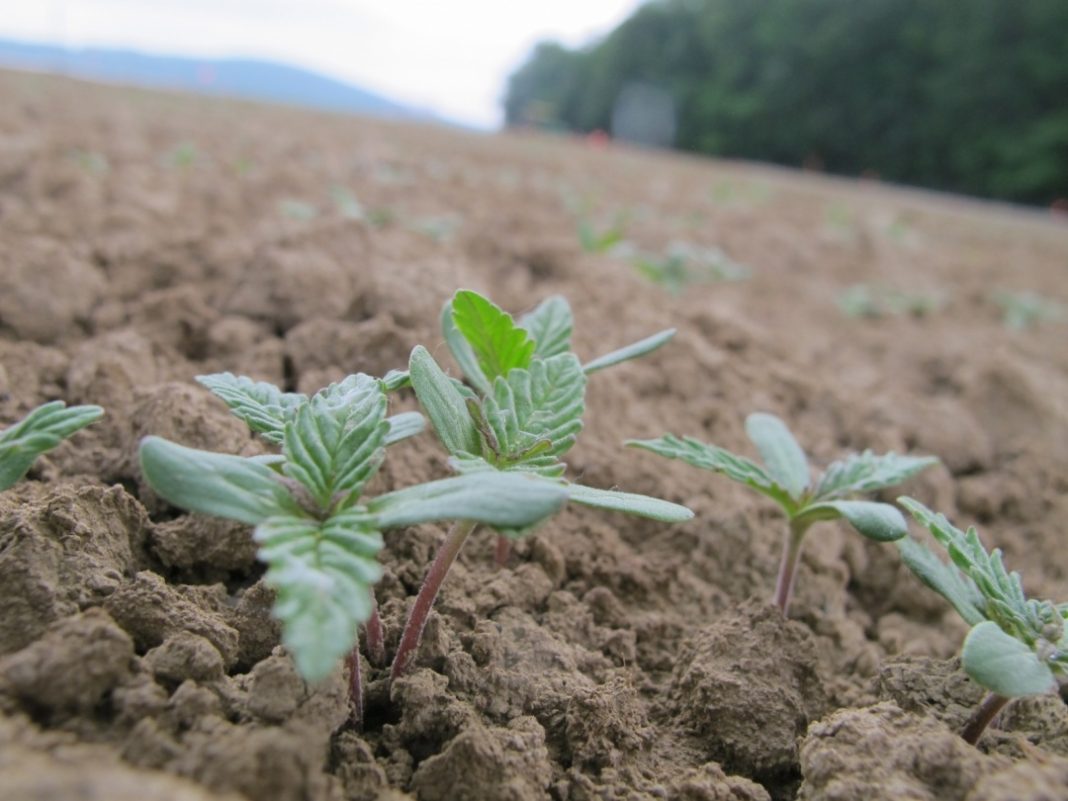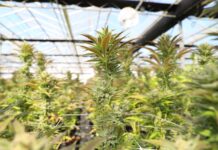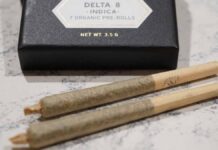The Michigan Regulation and Taxation of Marihuana Act (MRTMA)
On November 6, 2018, voters in Michigan approved Proposal 1 and made Michigan the 12th U.S. jurisdiction to legalize recreational marijuana.
The Michigan Regulation and Taxation of Marihuana Act (MRTMA) became law on December 6 2019. What was unclear from the past several weeks is how the proposal impacts industrial hemp.
Hemp — also called industrial hemp — refers to the non-psychoactive (less than 1% THC) varieties of Cannabis sativa L. Both hemp and marijuana come from the same cannabis species, but are genetically distinct and are further distinguished by use, chemical makeup, and cultivation methods.
HEMP (Quick Definition)
Hemp is commonly grown as a fiber crop for use in such things as paper and textiles. Hemp seeds are also becoming a marketable commodity, as the seed and its oil are incorporated into health foods, supplements, cosmetics, and medicine.
Botanically, industrial hemp and marijuana are from the same species of plant, Cannabis sativa, but from different varieties or cultivars. Industrial hemp and marijuana are genetically distinct forms of cannabis distinguished by their use and chemical makeup as well as production.
While marijuana generally refers to the cultivated plant used as a psychotropic drug (whether used for medicinal or recreational purposes), industrial hemp is cultivated for use in the production of a wide range of products, including foods and beverages, personal care products, nutritional supplements, fabrics and textiles, paper, construction materials, and other manufactured goods.
Industrial Hemp Research Act
Michigan authorized the cultivation of industrial hemp for research purposes in 2014 through the Industrial Hemp Research Act (IHRA), with responsibility for administration of the act given to the Michigan Department of Agriculture and Rural Development (MDARD). The Public Health Code was also amended to except industrial hemp from the definition of marihuana.
Industrial hemp is defined as “the plant Cannabis sativa L. and any part of the plant, whether growing or not, with a [THC] concentration of not more than 0.3% on a dry weight basis.” MCL 333.7106(2); MCL 286.842(c).
MRTMA (Definition of Hemp)
Like the aforementioned acts, industrial hemp is not marihuana under Michigan Regulation and Taxation of Marihuana Act (MRTMA). The MRTMA defines industrial hemp more broadly than the other two laws to mean
“a plant of the genus cannabis and any part of that plant, whether growing or not, with a [THC] concentration that does not exceed 0.3% on a dry-weight basis, or per volume or weight of marihuana-infused product, or the combined percent of [THC] and [THC] acid in any part of the plant of the genus cannabis regardless of moisture content.”
MCL 333.27953(c). More importantly, “[n]otwithstanding any other law or provision of [MRTMA], . . . possessing, cultivating, processing, obtaining, transferring, or transporting industrial hemp” is legal. MCL 333.27960(1)(i).
A WORK IN PROGRESS
At this time, MDARD is actively working on developing a state industrial hemp plan as required by the new federal law. Though the state industrial hemp licensing law comes into effect on January 15, 2019, the State is prohibited by federal law from issuing registrations or licenses created by the Act until the state plan is submitted and approved by USDA.
USDA has 60 days after submittal for review and approval.
On December 28, 2018 Michigan House Bills 6330, 6331 and 6380 (Public Acts 641, 642, and 648 of 2018) were signed into law by Governor Rick Snyder, amending the Industrial Hemp Research Act creating the new Industrial Hemp Research and Development Act.
The Industrial Hemp Research and Development Act requires the Michigan Department of Agriculture and Rural Development (MDARD) to regulate the growing, processing and handling of industrial hemp. The other new laws make changes to the Public Health Code and the Michigan Marihuana Facilities Licensing Act to address the new Industrial Hemp Research and Development Act.
MDARD is required to:
- Establish, operate and administer an industrial hemp licensing program;
- Establish an Industrial Hemp Licensing Fund;
- Establish a growers’ registration program which would apply to anyone 18 years or older growing industrial hemp, except Michigan colleges or universities engaged in research;
- Establish a processor-handler license program
which would apply to anyone 18 years or older processing, handling,
brokering or marketing industrial hemp, with the following exceptions:
- Michigan colleges or universities engaged in research,
- Processors licensed under PA 281 of 2016, or
- A testing facility licensed under PA 281 of 2016 or approved by MDARD.
- Make rules, as necessary, for both the administration of the act and testing.
Related Links
- Farm Bill – https://www.congress.gov/bill/115th-congress/house-bill/2/text
- House Bill 6330 – http://www.legislature.mi.gov/documents/2017-2018/billenrolled/House/htm/2018-HNB-6330.htm
- House Bill 6331 – http://www.legislature.mi.gov/documents/2017-2018/billenrolled/House/htm/2018-HNB-6331.htm
- House Bill 6380 – http://www.legislature.mi.gov/documents/2017-2018/billenrolled/House/htm/2018-HNB-6380.htm























